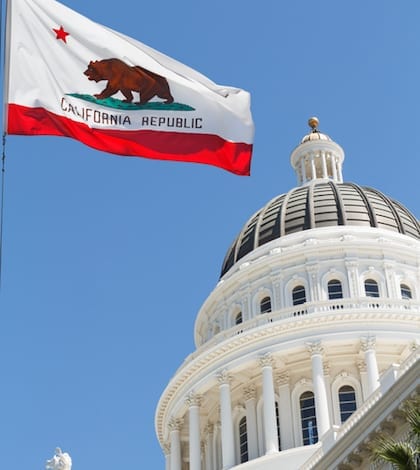California Supreme Court Considers Private Attorneys General Act Limits
October 17, 2025

The Troutman Pepper Locke firm reports that in Leeper v. Shipt and Williams v. Alacrity Solutions Group, LLC, the California Supreme Court will again consider the question of whether employees can pursue litigation in court for violation of the Private Attorneys General Act (PAGA) despite signing valid and binding arbitration agreements.
PAGA allows employees who experience Labor Code violations to pursue civil penalties on behalf of themselves, other “aggrieved” employees, and the state of California.
In Viking River Cruises, Inc. v. Moriana, the US Supreme Court held that employers can compel arbitration of an employee’s individual PAGA claim, overturning California precedent that barred such arbitration.
Following this ruling, the California Supreme Court clarified in 2023 that while an employee’s individual PAGA claim may be arbitrable, the representative portion of the claim, asserted on behalf of other employees, can still proceed in court.
Consequently, trial courts often stay representative PAGA claims while compelling arbitration of individual claims.
Some employees have attempted to circumvent arbitration by filing “representative-only” Private Attorneys General Act lawsuits, arguing they are only seeking penalties for other employees and the state, not for themselves.
Courts are currently divided on this issue. Certain appellate decisions, such as Leeper v. Shipt and Williams v. Alacrity Solutions Group, LLC, hold that individual claims are inherent to every PAGA action, preventing employees from avoiding arbitration.
Other courts permit representative-only claims, allowing employees to bypass arbitration and proceed directly with their claims. The California Supreme Court has agreed to resolve this conflict, which could significantly affect PAGA litigation.
A decision permitting representative-only claims could limit employers’ ability to enforce arbitration agreements, effectively circumventing the ruling in Viking River Cruises.
Alternatively, if individual claims remain mandatory, arbitration will continue to control the initial phase of PAGA lawsuits, potentially reducing the scope and cost of representative litigation.
Employment attorneys should continue to carefully evaluate arbitration agreements, particularly regarding their implications for both PAGA and non-PAGA claims.
Critical intelligence for general counsel
Stay on top of the latest news, solutions and best practices by reading Daily Updates from Today's General Counsel.
Daily Updates
Sign up for our free daily newsletter for the latest news and business legal developments.




